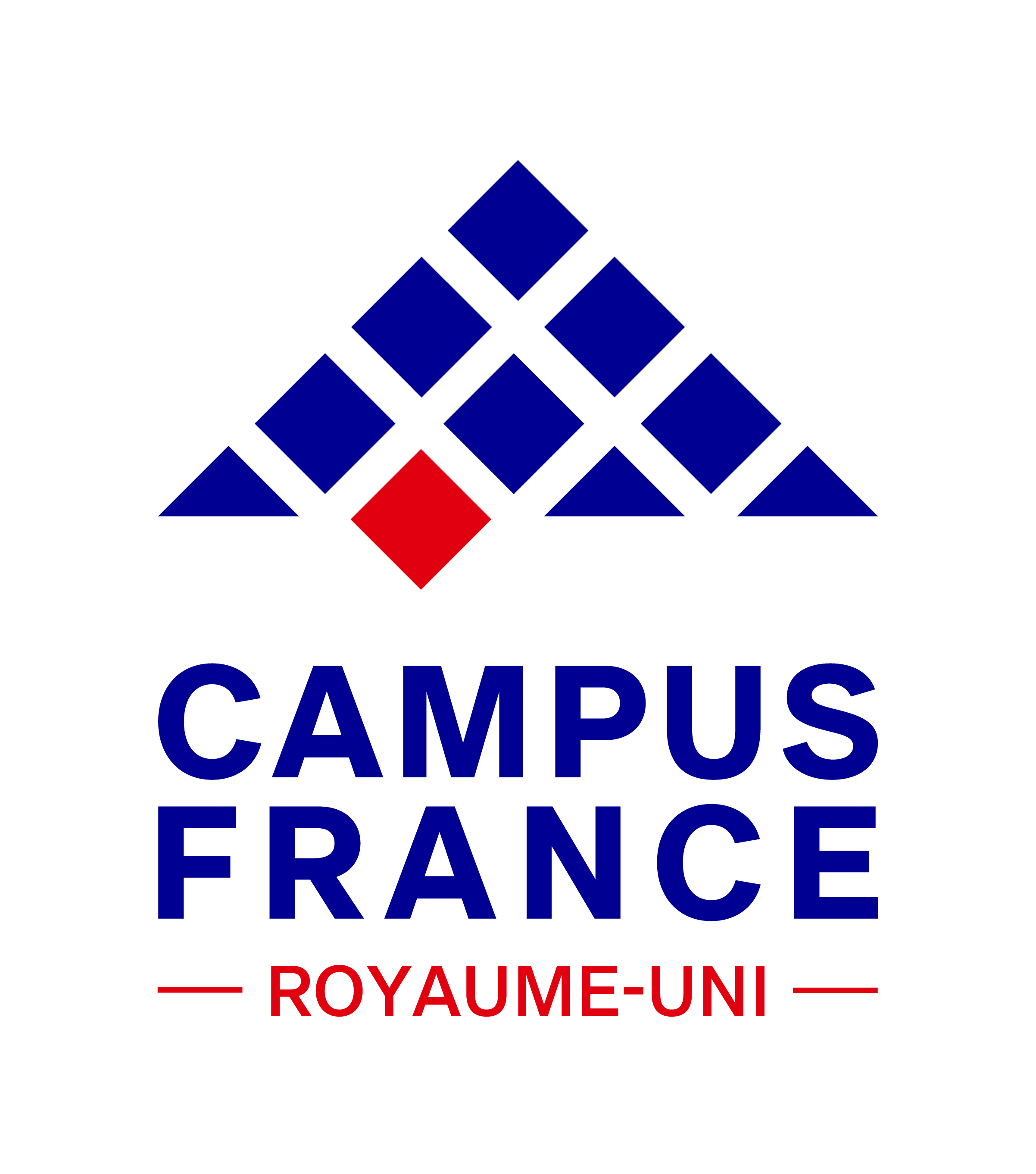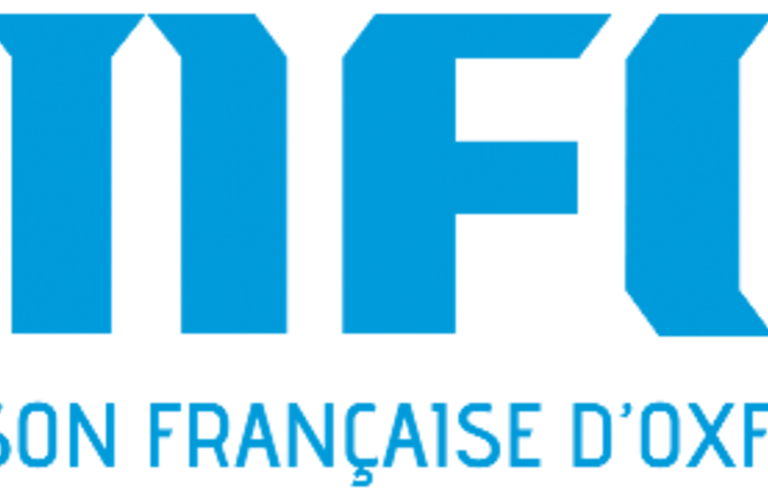French higher education system
The higher education system in France is globally renowned for its excellence, its accessibility and diversity. It is characterized by prestigious institutions, low costs and an egalitarian educational philosophy. In this article, we will explore the various aspects of this system, focusing on the wide range of institutions and programmes, the associated costs and other key features of the French system.
A world class education
France's excellence in higher education is often reflected in the various international rankings.
27 French universities are featured in the Shanghai 2023 ranking, starting from the 16th place. 4 French universities are in the top 100, and more than two-thirds of the French universities in the ranking are in the top half (Top 500).
QS World University by Subject2023
Excellence can be found in a number of fields :
- INSEAD 2nd place in the "Business and Management" category
- Sciences Po 3rd place in the "Politics" category
- Conservatoire national supérieur de musique et de danse de Paris in 2nd place in the "Performing Arts" category
A diversified higher education offer
French higher education landscape offers a variety of institutions with specific paths and teaching methods. From public universities to “grandes écoles” and private schools, each type of institution has its own characteristics and benefits. Institutions often follow the "LMD" scheme, which stands for Licence (equivalent to bachelor's degree) in three years, Master (equivalent to master's degree) in two years, and Doctorat (equivalent to PHD) in three years.
Public Universities
Public universities in France offer a wide range of academic programmes across various disciplines. They are known for their comprehensive curriculum. Admission to public universities is generally open to a broader range of students, with specific requirements depending on the programme.
Public universities emphasize theoretical knowledge and academic research. They are suitable for students who are used to autonomous work and are seeking a broad, especially in the “licence” level. The master's degree, on the other hand, enables students to specialize.
The “Grandes Écoles”
One of the most striking features of the French higher education system is the existence of grandes écoles. These schools are often specialized in specific fields such as engineering, political science, business, arts etc. They offer in-depth and demanding study programmes, focusing on practical teaching and interaction with the professional world.
Admission to the grandes écoles is often competitive, requiring rigorous examinations and interviews. However, these schools offer students exceptional opportunities, such as partnerships with companies, high-quality internships and solid professional networks.
Private Schools
Private schools in France cover a wide range of establishments, from specialist vocational schools to international business schools. These schools can offer programmes in several languages and can adapt their curricula to market requirements.
Tuition fees vary considerably depending on the type of public school and the programmes it offers. Some public schools are renowned for their specialist programmes or specific approaches to education, attracting students looking for unique educational experiences.
Structure of the programme
“CM and TD”: Key Components
"Cours Magistraux" (CM) are lectures delivered by professors to a large audience. They provide an overview of course content and core concepts, constituting the foundation of the subject.
"Travaux Dirigés" (TD) are interactive lessons in smaller groups. These sessions facilitate discussion, problem-solving, and the practical application of CM content.
How much does it cost to study in France?
Public Universities:
Tuition fees at public universities in France are relatively low, especially for EU/EEA students. For undergraduate programmes (“licence” level), fees are around €170 per year. For master's programmes, fees are around €243 per year. However, non-EU/EEA international students may pay higher fees, but they are still relatively affordable compared to many other countries : €2,770 per year at the licence (bachelor) level, and €3,770 per year at the master level.
|
|
EU/EEA students |
Non EU-students |
|
Bachelor’s level (licence) |
€270 |
€2,770 |
|
Master’s level |
€343 |
€3,770 |
Grandes Écoles and private schools:
Tuition fees at grandes écoles can vary significantly. While some public grandes écoles have similar fee structures to public universities, some private grandes écoles might have higher fees, often ranging from €3,000 to €15,000 per year or more.
Any further questions about French higher education? Don't hesitate to visit our FAQ, and to listen to our podcast episode on the French higher education system !










